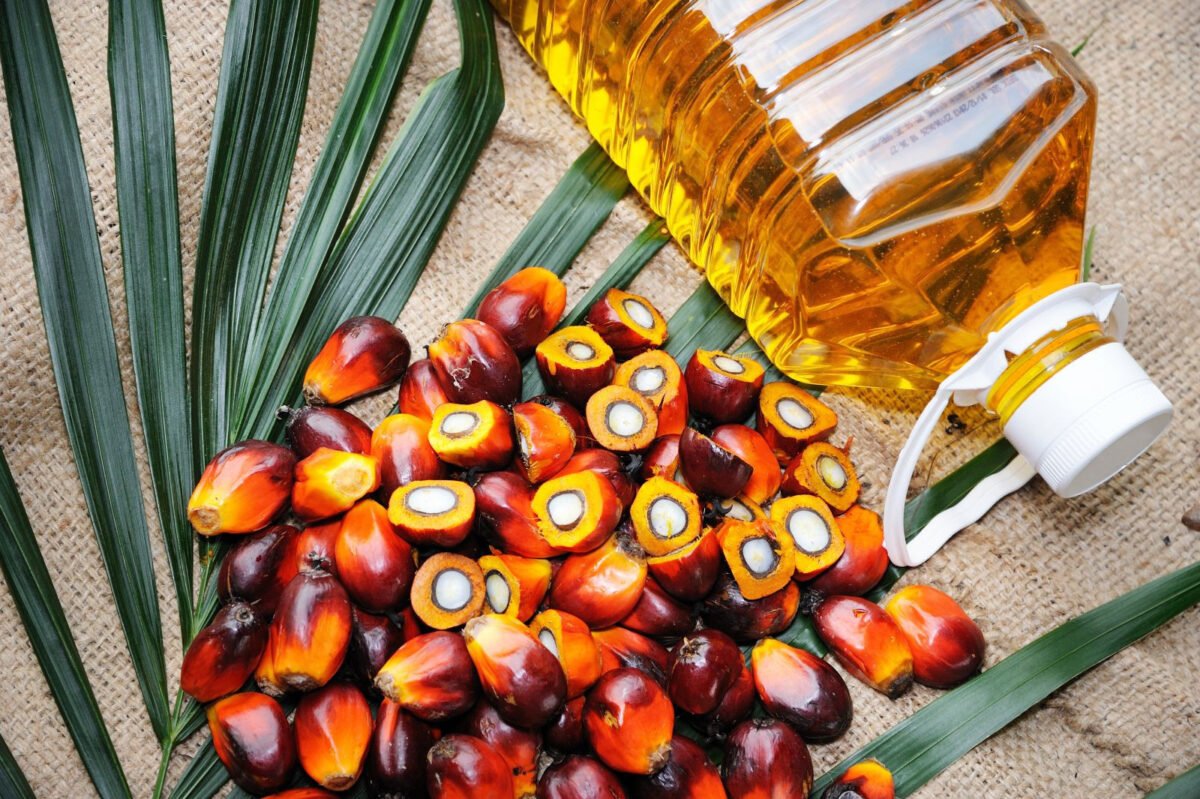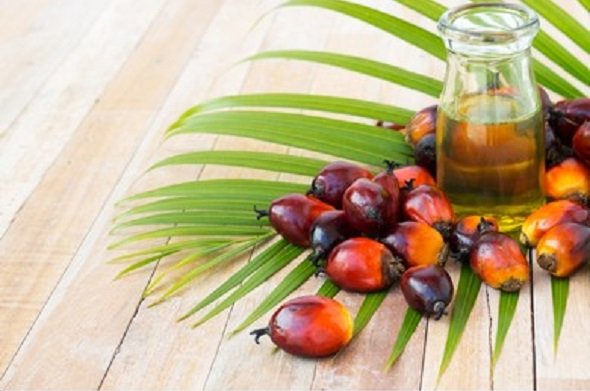SEA reports an increase in India’s October palm oil imports by 60% month over month
According to SEA, monthly imports of sunflower oil increased by 56.5 per cent to 239,116 tons, while imports of soy oil declined by 11 per cent to 341,818 tons.
The Solvent Extractors’ Association of India (SEA) reported on Wednesday that India’s imports of palm oil increased 60 per cent from September to 845,682 metric tons in October due to festive demand and refiners increasing purchases to restock supplies that had been depleted by recent lower-than-normal imports. Lower palm oil stocks in major producers Malaysia and Indonesia could support benchmark futures as a result of increased purchases by the largest importer of vegetable oils in the world.
In recent weeks, Indians have been celebrating the festivals of Diwali and Dussehra, which has led to an increase in the consumption of fried food and sweets resulting in greater demand for palm oil consumption. Owing to larger domestic oilseed crops and higher prices that somewhat constrained demand, edible oil imports during the 2023–24 marketing year decreased to 15.96 million tons from 16.47 million tons the year before, according to the SEA.
Imports of sunflower oil increased 16.8 per cent to 3.51 million tons during the year, while imports of soy oil decreased 6.4 per cent to 3.44 million tons. India imports soy oil and sunflower oil from Argentina, Brazil, Russia, and Ukraine, while it primarily purchases palm oil from Indonesia, Malaysia, and Thailand. Given a probable record domestic oilseed crop, India’s edible oil imports could decrease by one million tons in 2024–2025, according to the SEA.
According to SEA, monthly imports of sunflower


